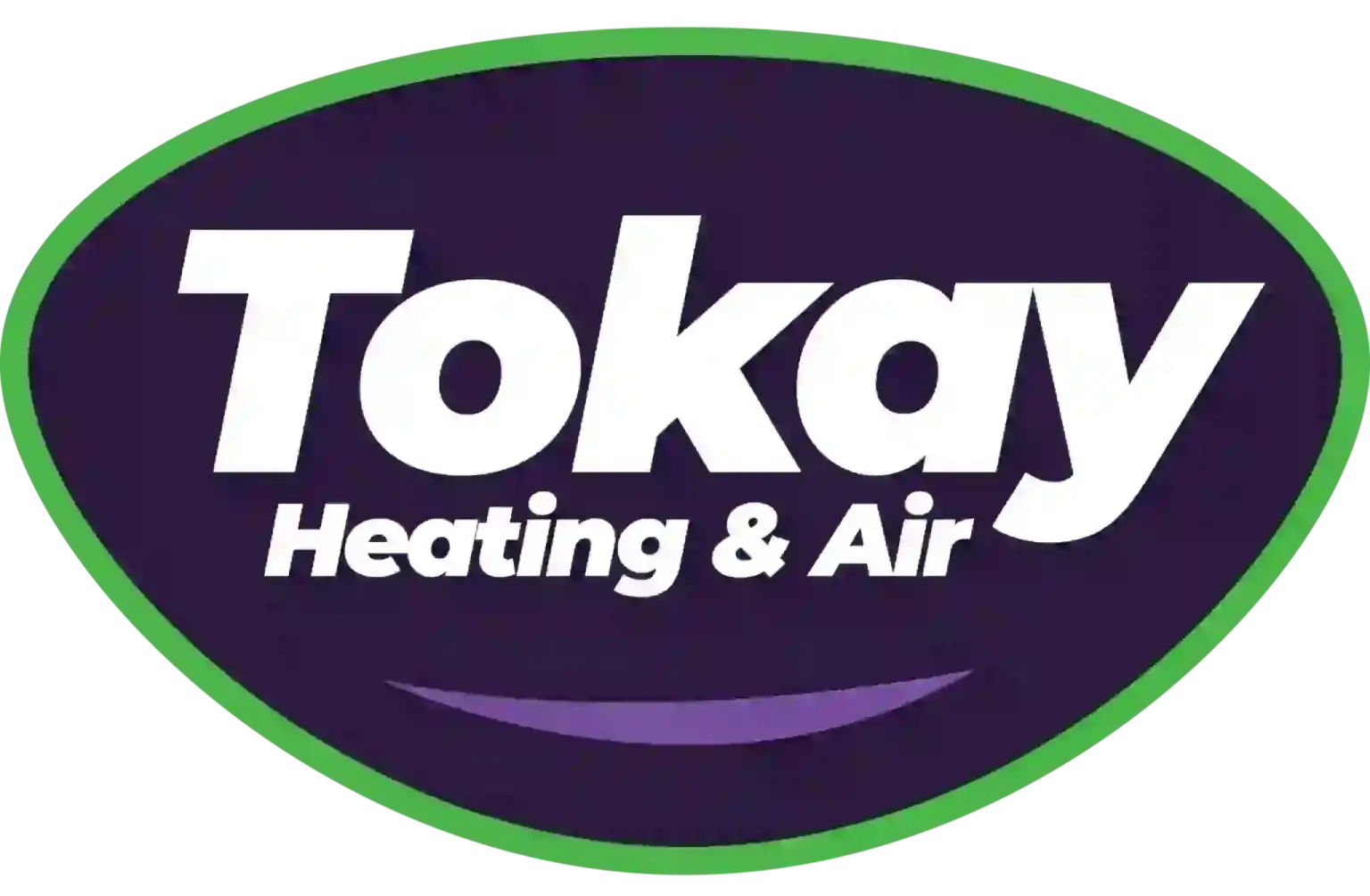Why HVAC Is A Good Career Choice?
If you are interested in starting a new, successful career, check out a career in heating, ventilation and air conditioning. HVAC is one of the fastest-growing careers you can find, according to the U.S. Bureau of Labor Statistics, which predicts additional industry growth of 13 percent by 2028.
There are several reasons why these careers are continuing to grow. One involves homeowners using government tax credits to upgrade to more energy-efficient comfort systems. It’s also important to consider R-22 Freon® coolant, which affects old models. Finally, there’s the ever-changing real estate market exacerbated by a property shortage that’s driven an increase in new construction homes.
One of the most in-demand careers is working as an HVAC technician. Learn more about their skill set, how to become one and about how much you can expect to make.
What Does It Mean To Be An HVAC Technician?
A HVAC technician possesses the knowledge and skills to service heating and cooling systems. Many technicians are skilled with both residential and commercial equipment. And, most important, you’ll receive a comprehensive education about:
- Air conditioners
- Furnaces
- Mini-splits and heat pumps
- Thermostats and home zoning
- Indoor air quality systems including air filters and air purification systems
Some are HVAC-R technicians, and they are further trained to provide refrigeration.
Is There A Shortage Of HVAC Technicians?
Qualified HVAC technicians are in high demand because of shrinking labor force within the industry. This shortage is because of several things, such as more retirements and competition from other industries. Many younger people also pursue college degrees instead of a licensed trade like HVAC.
Is HVAC A Hard Career?
While HVAC can be physically demanding, it can also be very rewarding. As a technician you’ll need to be able to:
- Work in uncomfortable settings, including tight or messy spaces.
- Work in high or low temperatures since HVAC systems are usually outdoors.
- Work evenings, weekends and overtime during peak demand.
A common misconception about learning HVAC is that it’s a blue-collar career. In reality, you need an extensive skill set, specialized education and continuous recertification.
It’s an excellent first career if you prefer to:
- Avoid large amounts of student debt.
- Work outdoors instead of in an office.
- Have job security since HVAC positions can’t be outsourced.
- Be your own boss and work toward starting your own successful business.
Is HVAC A Stressful Job?
You can’t fully escape stress when on the job. HVAC technicians service complex equipment and may be subject to cramped or uncomfortable working conditions. Appropriate experience and tools are helpful when resolving these concerns. In addition, paid training and a stable workload help people in the HVAC industry fend off some of the most common triggers of work-related stress.
Is HVAC Hard On Your Body?
Carrying heavy equipment and performing repetitive motions are two common reasons HVAC can be physically demanding. Reaching difficult-to-access equipment can be exhausting. HVAC technicians should be physically fit, and you may benefit from a healthy diet and exercise regimen to remain as healthy as possible.
Is HVAC A Recession-Proof Job?
While no job is guaranteed to survive a recession, HVAC is particularly resilient due to the sheer popularity of heating and cooling equipment. Repairs and installation will always be required, which means professionals in HVAC can often find work across the country.
Is HVAC A Good Career For The Future?
As HVAC equipment becomes more complex, professional servicing will become even more important. Newer models of heating and cooling systems use less energy or generate it from renewable sources such as solar and wind. Greener HVAC equipment will continue to grow in popularity, as will the need for certified HVAC technicians.
How To Become An HVAC Technician?
To start a career as an HVAC technician, you’ll need a high school diploma or GED along with specialized training. Other, more specialized (and higher paying) HVAC careers require additional education or certifications.
You can secure the needed certifications by enrolling in classes at a community college or trade school. The time it takes to become an HVAC technician varies from program to program, which generally lasts between six months to two years. An HVAC company will sometimes also require NATE certification. Standing for North American Technician Excellence, this influential accreditation builds on your existing industry knowledge to help you better serve customers.
Even though basic concepts of an HVAC career could be learned on your own, getting the necessary education means combining classroom programs with on-site training. At the same time, HVAC careers aren’t reliant on things like advanced math. While some math is involved, the majority of an HVAC professionals’ skill set lies in critical thinking, used to identify problems and ensure quality installation.
Career Explorer reports that having experience with things like tablets, electronics and troubleshooting will be especially useful as equipment grows in complexity and functionality.
Another advantage of a career in HVAC is almost zero student debt.
According to Midwest Technical Institute, enrolling in a technical or trade school generally costs approximately $15,000. A community college is usually around $5,000 annually. In comparison, the average student debt for a bachelor’s degree is $25,921.
Your Day-To-Day Schedule As An HVAC Technician
A typical workday may vary depending on where you work. If you are a repair technician, you may work early, late or be on call throughout the day. For technicians or installers working in construction, you are more likely to have a set schedule during normal business hours.
As a technician, you’ll respond to different locations for repair, maintenance or installation work. Certain jobs may require more time than others, so the number of calls each day can fluctuate.
As we mentioned before, you should expect the occasional job in inclement weather as well as in dirty or cramped spaces. For roles assisting customers, strong customer service skills are always welcome.
Is a Career In HVAC Profitable? Average Salary For HVAC Technicians And Other HVAC Careers
Because HVAC is a fast-growing industry, your salary will reflect it. The national average salary for an HVAC technician is $49,242, according to ZipRecruiter. Higher earners usually make around $56,600 and $68,000. Then again, total compensation can depend on where you live and its cost of living. Some HVAC techs working in management in a high-paying state may make as much as six figures.
In addition to owning your own business, there are other paths for career advancement. These include:
- HVAC manager, $72,515 average salary
- HVAC service manager, $71,176 average salary
Types Of HVAC With The Highest Salaries
There is a lot of room for specialization in the HVAC industry, and continuing education and certification opportunities offer access to even higher salaries. For example, master engineers who can manage projects and design custom HVAC systems could receive six-figure salaries. Larger salaries are also more likely if you have experience with advanced equipment like commercial HVAC systems, geothermal heat pumps or radiant in-floor heating.
What States Need HVAC Workers The Most?
HVAC technicians are needed in cities throughout the country, but even more so in Florida, California, Texas, New York and Illinois. According to hvacclasses.org, these states employ the most HVAC workers and are experiencing enormous growth in the construction industry. Here’s why:
- Florida: Hurricanes, education and healthcare facilities.
- California: Wildfires, transportation, energy and utility projects.
- Texas: Hurricanes, energy, utility and other infrastructure upgrades.
- New York: Residential and infrastructure updates.
- Illinois: Companies relocating to the Chicago area.
Where HVAC Technicians Will Be In High Demand In The Future?
Projections Central, who develops long-term occupational projections, expects these states to have the greatest demand for technicians by 2028:
- Utah, 31.1%
- Colorado, 29.7%
- Nevada, 27.9%
- Arizona, 21.4%
- Iowa, Oregon and Montana, 18.5%
- Arkansas, 16.3%
- Florida, 16.2%
- South Carolina, 16%
- Texas, 15.9%
- Idaho, 15.7%
- Washington, 15.6%
- North Carolina, 15.5%
- Tennessee, 15.2%
- Wyoming, 14.3%
- Nebraska, 13.9%
- Indiana, 13.8%
- North Dakota, 13.8%
Here’s where the highest number of new positions during that time frame are expected to be:
- Florida, 5,420
- Texas, 5,530
- California, 4,100
- North Carolina, 2,510
- New York, 2,290
- Colorado, 2,000
- Ohio, 1,550
- Pennsylvania, 1,510
- Virginia, 1,500
- Tennessee, 1,360
- Washington, 1,290
- Georgia, 1,270
- New Jersey, 1,170
- Utah, 1,170
- South Carolina, 1,1060
- Indiana, 940
- Maryland, 820
- Missouri and Arizona, 810
- Michigan, 780
Weather and a healthy economy is anticipated to fuel growth in these states, according to hvacclasses.org.
Grow Your HVAC Career With Tokay Heating & Air
HVAC technicians can find work just about anywhere, including in Lodi. To learn more about our openings, visit our careers page or call us at (209) 257-3156 today!


